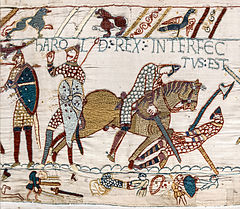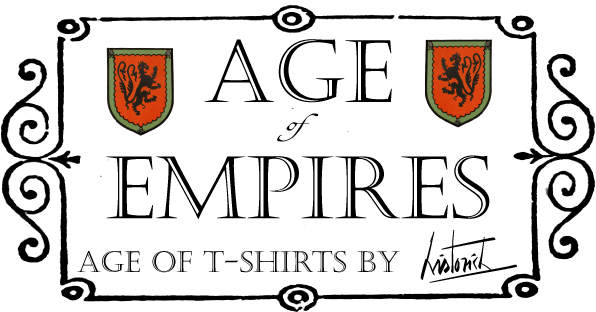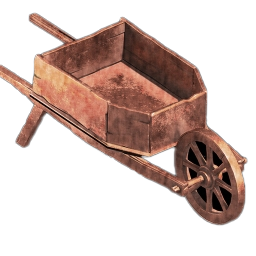The Huskarl is one of the most iconic and specialized units featured in Age of Empires II, representing the Goth civilization. But who exactly were the historical huskarls, and how did the game’s creators draw inspiration from their real-life counterparts? Here’s a historically accurate and friendly overview.

 Who Were the Huskarls?
Who Were the Huskarls?
The term “Huskarl” (Old Norse “húskarl,” literally “house man”) referred to professional warriors who served directly under kings or nobles in medieval Scandinavian society. Although common throughout Norway, Sweden, and Denmark, they became especially prominent in Anglo-Saxon England from the late 10th to mid-11th century.
These warriors were elite soldiers, responsible for personally protecting their lords both in battle and everyday life, essentially acting as personal bodyguards and shock troops.
 Historical Equipment of the Huskarls
Historical Equipment of the Huskarls
Historically, huskarls were heavily equipped warriors, often clad in mail armor, wielding large shields (typically round or kite-shaped), conical helmets, and specialized weapons such as the fearsome Danish axes. These long-handled axes were highly effective at piercing enemy armor and shields, making the huskarls particularly deadly in close combat.
 Battle Formation and Fighting Techniques
Battle Formation and Fighting Techniques
In battle, huskarls typically fought in tight formations known as shield walls, enabling them to withstand frontal assaults and slowly advance toward enemy lines. Their effectiveness depended heavily on discipline, coordination, and the strategic use of their weapons, especially axes, which could swiftly disrupt enemy formations.
In Age of Empires II, the Huskarl unit captures these historical traits through its exceptional resistance to ranged attacks and its ability to effectively assault enemy buildings and units.
 Historical Inspiration in Age of Empires II
Historical Inspiration in Age of Empires II
The Huskarl in Age of Empires II directly mirrors these historical warriors, particularly in its defensive capabilities against projectile attacks. In the game, this unit possesses outstanding resistance to archers, symbolically reflecting how historical huskarl shield walls could withstand enemy arrow barrages.
 Cultural and Historical Legacy
Cultural and Historical Legacy
The huskarl has endured as a powerful symbol of Scandinavian and Anglo-Saxon military might during the medieval period. Events such as the Battle of Hastings in 1066, where huskarls famously defended King Harold II of England, have cemented their legacy in historical memory.
 Huskarl Radar Comparator
Huskarl Radar Comparator
Checking Huskarl stats with some other similar units. Where one of the most interesting things is his pierce armor (as Eagle Warrior has).


